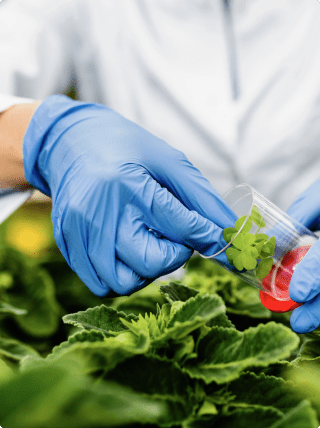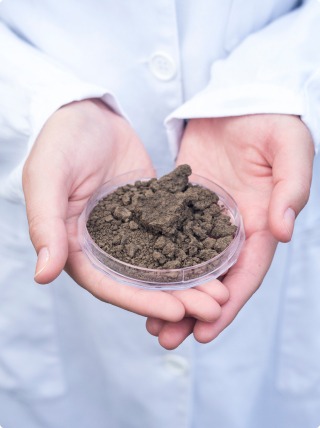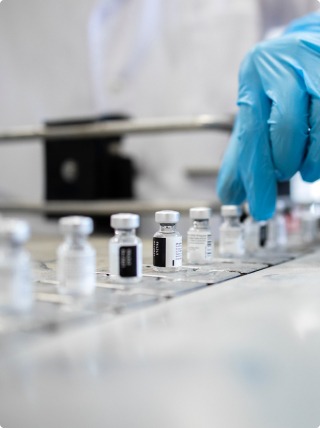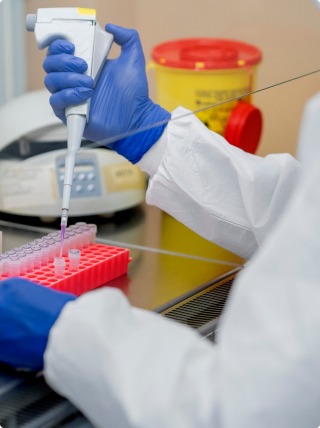APPLICATIONS
ICP-MS
ICP-MS Applications
ISC-SCIENCE has been a trusted partner in implementing ICP-MS applications for Agilent Technologies Spain clients for over 15 years. Our expertise extends to various analytical laboratories, where we specialize in the following key applications:

AGRO-FOOD ANALYSIS
- Drinking Water Analysis.
- Food Analysis.
- Animal Feed analysis.

ENVIRONMENTAL ANALYSIS
- Freshwater and Wastewater Analysis.
- Soil, Sediment and Sludge Analysis.
- Atmospheric particles Analysis.

PHARMACEUTICAL INDUSTRY ANALYSIS
- Metal Determination According to USP and ICH Standards in Devices, Tablets, Oral Suspensions, Injection Solutions and Extractables.

SEMICONDUCTOR INDUSTRY ANALYSIS
- Metallic Impurities in High Purity Chemical Products (Salts, Acids or Alloys).

GEOCHEMISTRY
- Natural Isotopic Ratios Analysis.
- Determination Ultra-Trace Elements in Water and Soils.

ENERGY
- Impurity Control in Nuclear Fuels.
- Isotopic Depletion/Enrichment.
- Metal Determination in Biomass.
- Petrochemical Analysis.

CLINICAL ANALYSIS
- Metal determination in Serum.
- Metal determination in Blood.
- Metal determination in Urine.
- Metal determination in Tissues.
What is an ICP-MS?
Inductively Coupled Plasma Mass Spectrometry (ICP-MS) is a sophisticated analytical technique used for detecting and quantifying elements at trace and ultra-trace levels. It works by ionizing the sample with a plasma source and then separating the ions based on their mass-to-charge ratio, providing detailed atomic-level information.
Key Features of ICP-MS:
- Multi-Elemental Analysis: Capable of analyzing multiple elements from the periodic table simultaneously.
- High Sensitivity: Detects elements at extremely low concentrations, often down to parts per trillion (ppt) levels.
- Wide Dynamic Range: Can measure elements across a vast concentration range, typically covering several orders of magnitude.
Calibration and Quantification:
ICP-MS results are obtained by establishing a calibration curve that links signal intensities with known analyte concentrations. This curve is used to determine the concentrations of elements in unknown samples. The data is often reported with an associated uncertainty, validated against certified reference materials to ensure accuracy and reliability.
- Internal Standards: To correct for matrix effects and instrumental drift, internal standards are used. These standards are elements similar to the analytes but not present in the samples, helping to normalize the signal and ensure accurate measurements.
- Standard Additions: This method involves adding known amounts of analyte to the sample to construct a calibration curve directly in the sample matrix. This approach is particularly useful when the matrix composition is complex or unknown, as it helps to account for matrix effects that could skew results.
Challenges and Solutions:
While ICP-MS is a powerful tool, it can be affected by matrix effects and instrumental drift, potentially leading to measurement errors. To mitigate these issues, proper calibration techniques, including the use of internal standards and the standard additions method, are employed. These techniques help ensure that the data accurately reflects the true concentrations of elements in the samples.
ICP-MS is widely used in environmental testing, pharmaceuticals, food safety, clinical diagnostics, and various other fields requiring precise and reliable elemental analysis.
ICP-MS personalized training
Request for information

